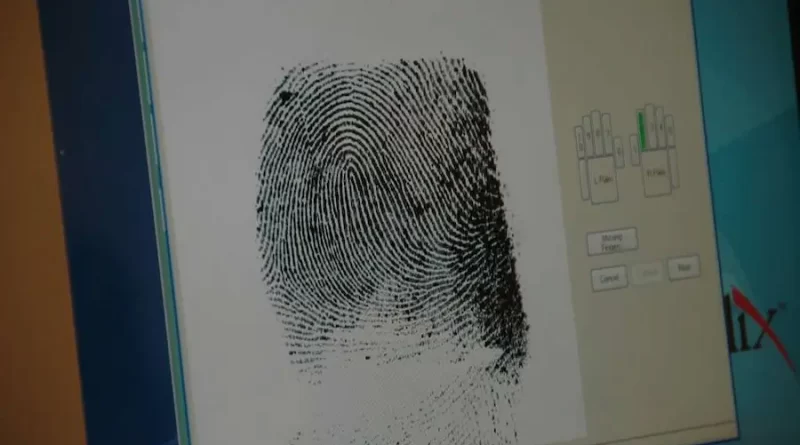Benefits And Drawbacks Of Fingerprinting The Applicant
You must understand how to get your fingerprints taken if you’re looking for a new job. Fingerprints are sent to the FBI, who then run background checks on you. This process is done to run background checks, which is not just about criminal records. To get fingerprinted for a new job, you must prepare all the proper documents and information about yourself.
Reveal a Criminal History
A fingerprint background check is one of many ways to verify a person’s background. It’s used in many industries, including those with high standards for ethical conduct, federal jobs, and positions involving vulnerable individuals. While a fingerprint background check does not always reveal criminal history, fingerprinting for employment is a powerful form of vetting and can help you avoid risky situations.
Fingerprint background checks are conducted by FBI agents, who cross-check fingerprints against a database containing criminal records. The FBI’s database, also known as Next Generation Identification, includes the fingerprints of 156 million criminals, civil suspects, and military members. However, this database could be better. In addition, it’s limited because many people need to scan their fingerprints after being convicted of a crime.
Background Checks Have Inherent Weaknesses
Background checks are a valuable way for employers to evaluate a prospective employee’s history. But, there are some flaws to this method. First, fingerprints are not always a reliable indicator of an individual’s criminal history. Also, fingerprints may not be reflected on a person’s criminal record if they were not taken at the time of the arrest. And not all arrests result in a conviction, so an employer may not even know whether the applicant was arrested and convicted of a crime.
Another drawback of background checks is that they can cause bias in the hiring process. For example, a person with a history of drug abuse may be disqualified from a position. In some cases, this is true even if they have proven themselves responsible and qualified. There are better reasons to disqualify someone based on their past behavior. To avoid this problem, employers should develop specific grounds for disqualification.
Reduce False Positives
The use of fingerprints is a standard security screening tool. It can help eliminate false positives by reducing the likelihood of a candidate being rejected. Fingerprints can also be a great way to identify a criminal. Forensic analysts use fingerprint databases to identify criminals. There are millions of fingerprints in this database. Each print is evaluated using the fingerprint algorithm against a database of millions of additional images. Additionally, it looks at breaks, islands, creases, and ridge endings.
The first fingerprint identification was made in 1892 by Eduardo Alvarez. The suspect was a woman named Francisca Rojas, who had murdered her two sons and then cut her own throat to place the blame on someone else. This was the first known use of fingerprints to identify a criminal. Alvarez was trained by Juan Vucetich. Fingerprints were also used in research by Alfred Galton in the early 1900s. Eugenics was a scientific branch of biology focused on breeding better people and removing those biologically inferior. The fingerprints are unique, which makes them extremely useful when it comes to identity verification.
Confirm Identity
When applying for a job, employers may request fingerprints to verify identity. Most law enforcement agencies or security companies provide this service. A licensed law enforcement officer or a business with Florida Department of Financial Services approval can take fingerprints. Applicants from outside the United States must send the Department their federal tax ID number or agency or firm name.
Before running a background check, most employers will ask for a photo ID, such as a driver’s license or Social Security card. However, some employers will also require a fingerprint background check to ensure that the information on your identification is correct. Fingerprints may also be requested for government positions and jobs dealing with children.
Reduce Employee Theft
Fingerprints are an essential way to reduce employee theft. Many employers require fingerprints on time clocks to prevent buddy punching and to ensure accurate time reporting. But fingerprints are also vulnerable to identity theft. If a fingerprint is stolen, it cannot be changed, making them a high-risk target for identity theft.
Employees cannot use false fingerprints to sign in or out of an account. Unlike passwords, fingerprints cannot be shared and are less vulnerable to hackers. Additionally, employees are less likely to lend out their fingerprints. Employees are more likely to use their real identity to sign into accounts.
Fingerprints are also helpful for other purposes. They help police solve crimes. They can identify individuals at crime scenes and establish timelines. They can be used to prevent employee theft and ensure workplace safety.

